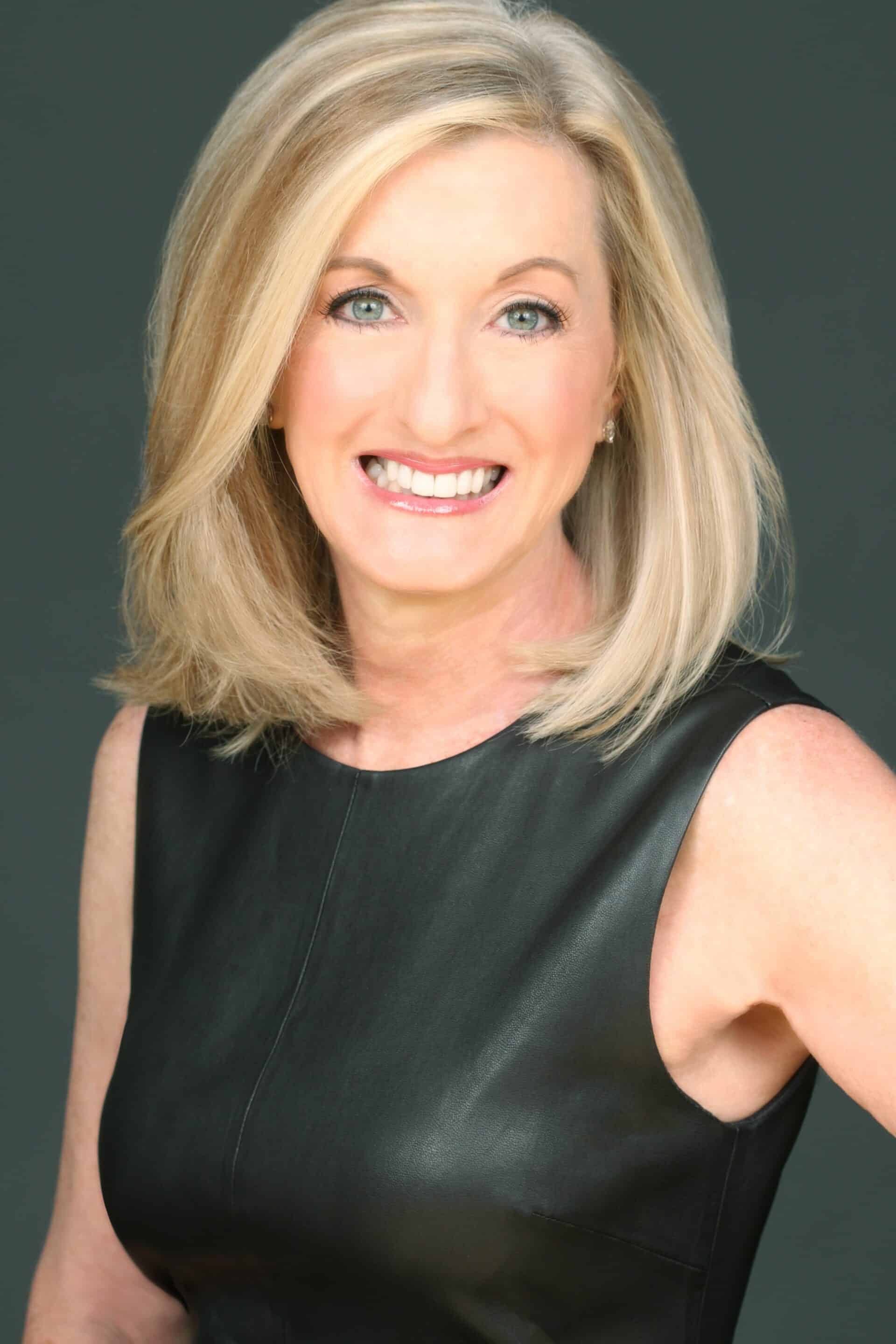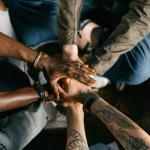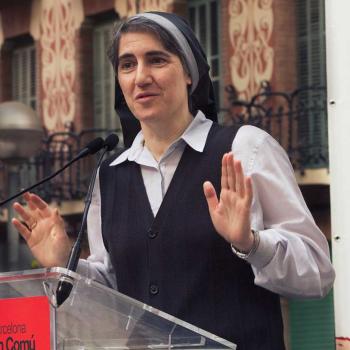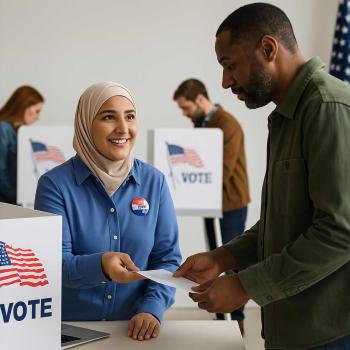
Faith was once part of everyday life. People didn’t analyze it as much as they lived it. Belief in God—whether you were Muslim, Jewish, Latter-day Saints, Evangelical, or Catholic—was expected. Regular attendance at religious services was part of the weekly routine. In our not-too-recent past, mentioning faith activities when recounting your weekend was considered normal, or turning to faith as a source of strength in life’s challenges.
A Helping Hand
Today, we often underestimate the power of faith in our country because we don’t discuss it. Faith is something we shy away from mentioning openly. Yet, religious institutions are often the first to act when crises arise—whether in Ukraine or Hurricane Helene.
We hear about organizations like Samaritan’s Purse, but countless local efforts also make a difference. Synagogues organizing coat drives for Ukrainians or churches donating walkers and wheelchairs in the aftermath of Hurricane Helene serve as reminders that faith still quietly fuels profound acts of compassion.
A Tool for Recovery
Faith as a tool for behavioral health is probably best evidenced in the Alcoholics Anonymous (AA) serenity prayer, written by theologian Reinhold Niebuhr: “God, grant me the serenity to accept the things I cannot change, courage to change the things I can, and wisdom to know the difference.”
Today, the AA process is peer-based and open to people of all faiths. It encourages abstinence-based recovery within the context of universal spiritual values.
An Intrinsic Part of Who We Are
Faith inherently acknowledges diverse paths to an end state; respecting those differences allows us to move forward on things to which we can agree. Through media and the news, we can work to normalize faith as an intrinsic part of who we are—naturally integrated into how we treat one another, emphasizing shared commonalities over differences.
More importantly, we can sidestep disagreements over philosophical and theological differences by focusing on lifestyle issues rather than belief structures. Normalizing faith is not about conformity but accepting its role in creating a more unified nation.














